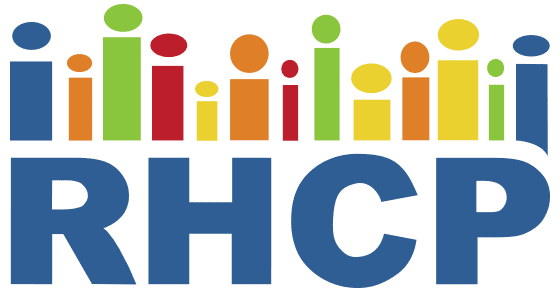Cancer is the leading cause of death among Hispanic/Latino individuals, yet many do not complete cancer screenings due to systemic barriers. To address this issue, Rochester Healthy Community Partnership (RHCP) created “Stories for Change: La detección temprana puede salvar vidas” (S4C-cancer prevention). This digital storytelling intervention involved eight Hispanic/Latino cancer survivors or co-survivors who shared their experiences by creating 2-min videos. Their heartfelt stories aim to help patients make informed decisions about cancer screenings. RHCP piloted S4C-cancer prevention at three clinical sites to assess intervention acceptability and success (cancer screenings completed).
Read MoreHispanic adults with type 2 diabetes (T2D) are more likely to develop complications and die from the disease than the US general population. Digital storytelling interventions are narrative-based videos elicited through a community-based participatory research approach to surface the authentic voices of participants overcoming obstacles to health-promoting behaviors that perpetuate health inequities; research on the effect of digital storytelling on T2D outcomes among Hispanic adults is lacking.
Read MoreCulturally tailored interventions are needed to address cancer screening disparities [6, 7]. One potential solution is using digital storytelling (DST) [8].
Read MoreHispanic/Latino adults are disproportionately impacted by type 2 diabetes mellitus (T2D).
Read MoreIt is challenging to develop health promotion interventions created in collaboration with communities affected by inequities that focus beyond individual behavior change. One potential solution is interventions that use digital stories (DS).
Read MoreLatino populations, especially those living in rural areas, experience a disproportionately high prevalence of type 2 diabetes mellitus. They are also less likely to achieve optimal glycemic control and have 1.5 times higher age adjusted diabetes related mortality rate than non-Hispanic Whites.
Read MoreImmigrants and refugees often arrive in the United States healthier than most Americans, but with time, their health becomes similar to that of the general population, including with regard to unhealthy cardiovascular risk factors and incidence of type 2 diabetes mellitus (T2DM).
Read MoreImmigrants and refugees are affected by diabetes-related health disparities, with higher rates of incident diabetes and sub-optimal diabetes outcomes.
Read More
